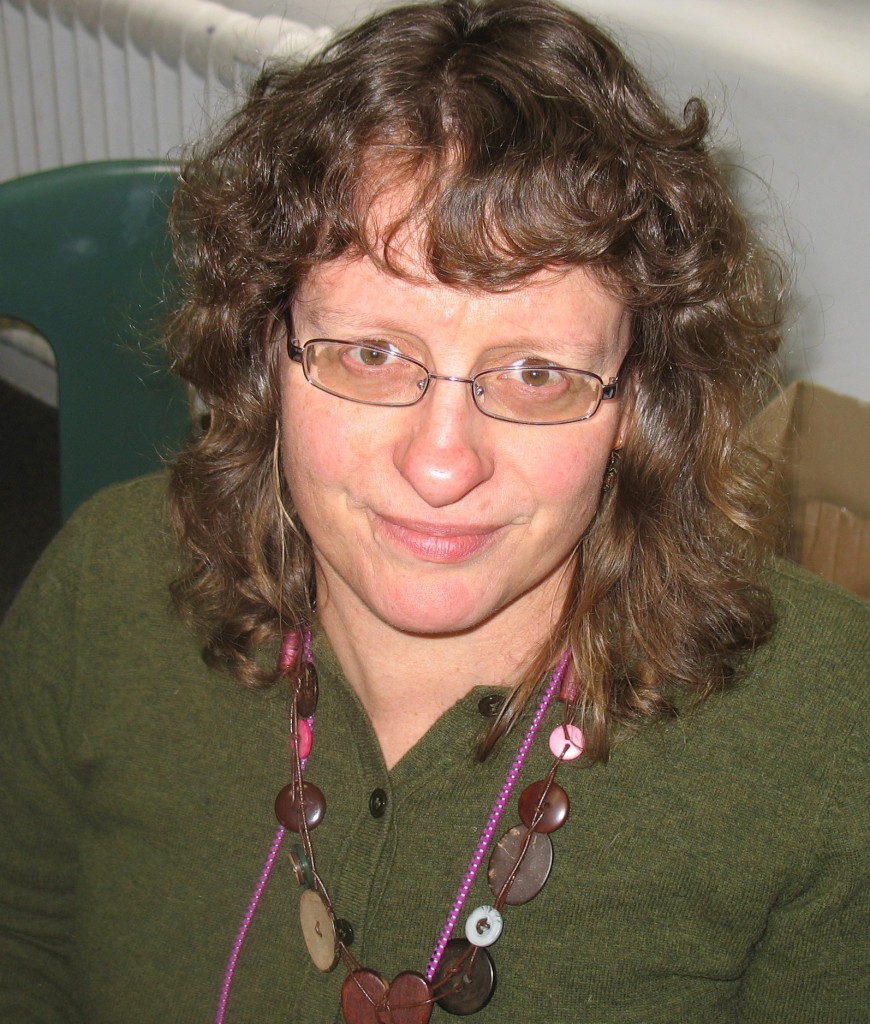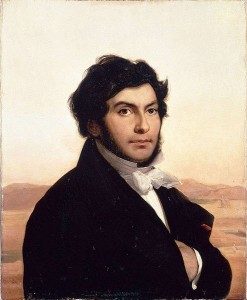WORK FOR MONDAY 28 MARCH 2011
Dear 7X,
I hope you’ll forgive me for leaving you to go on the Year 8 Camp. Three whole days without your form and history teacher! How will you survive?

I know you’re devastated, but I’ll do my best to communicate with you from the Toolangi forest. They even have the internet there. There’s a hotspot inside a hollow tree. Each person on camp has to take turns…
Actually, the question of communication is the topic of today’s lesson and this post. You see, once you can write down a language, you can preserve ideas beyond your own lifetime and send them across the world. You can give orders, write love poems (though my husband never does), create books of quotations, remember speeches and create literature. You can also write death sentences and lies, just to point out the negative side. Someone once said that when people began to write, this skill facilitated “the enslavement of mankind”.
As evidence of how writing can be used to impose your will on others, if I couldn’t write this post, you wouldn’t have to do any work. In fact, if it weren’t for writing, you might not need to go to school at all. But of course there would be many things you would miss out on too.
 The ancient Egyptians used writing to administer their complex hierarchical society, to give orders, to tot up taxes, to write the spells that would protect the dead in the afterlife and to describe their lives. Their tombs were covered with the beautiful, pictorial symbols we call hieroglyphics.
The ancient Egyptians used writing to administer their complex hierarchical society, to give orders, to tot up taxes, to write the spells that would protect the dead in the afterlife and to describe their lives. Their tombs were covered with the beautiful, pictorial symbols we call hieroglyphics.

The knowledge of how to read ancient Egyptian hieroglyphics was lost for more than 1500 years, until Jean-Francois Champollion figured out how to decipher them. As a boy he used to write his journal in Coptic, the language used by the early Christian Church in Egypt, but long since dead.
A language is considered dead when no living child speaks it as his mother tongue. No living child had spoken Coptic for over 1500 years, but it turned out to be the one written language that could provide clues to the sounds of ancient Egyptian speech.
 Never suspecting that Coptic might supply the vital link to understanding hieroglyphics, Champollion learned it as a teenager, along with several other dead languages. It was knowledge that he placed on the back-burner of his mind. One day that knowledge would burst into flame. One day it would illuminate the study of ancient Egypt.
Never suspecting that Coptic might supply the vital link to understanding hieroglyphics, Champollion learned it as a teenager, along with several other dead languages. It was knowledge that he placed on the back-burner of his mind. One day that knowledge would burst into flame. One day it would illuminate the study of ancient Egypt.
In order to read the fascinating story behind the decipherment of ancient Egyptian hieroglyphics, go to this link:
http://www.bbc.co.uk/history/ancient/egyptians/decipherment_01.shtml
As you read, look for answers to these questions (and write or type brief notes that can later be added to your assignment):
♦There was a false hypothesis that hampered many scholars as they tried to decipher hieroglyphs. What was it?
♦What was the Rosetta Stone and why was it a key to understanding hieroglyphics? The Rosetta Stone in the British Museum
The Rosetta Stone in the British Museum
♦How did the recognition of the cartouche help with the process of decipherment?
♦When and how did Champollion finally work out that the hypothesis was wrong and that the “soul of hieroglyphics”, as he later wrote, was phonics?
******************************************************************************

